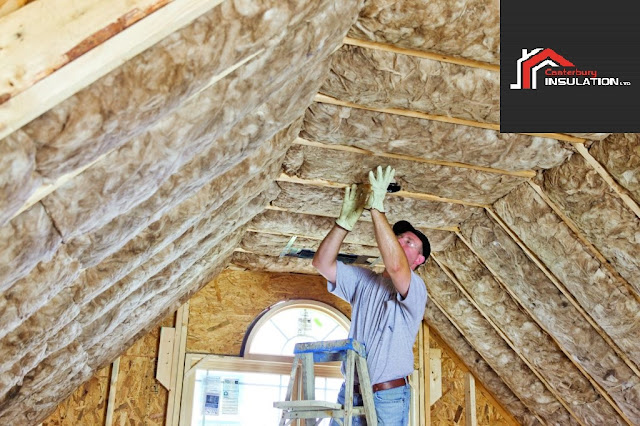It's important to know the ins and outs of insulation Christchurch before you go out and buy it. You need to make sure that you're buying the right type, at the right thickness and with the right materials. In this post, we'll go over what factors you should consider when choosing insulation for your home or business.
Materials
Materials can be made from natural or manufactured products. Polystyrene and rock wool are examples of man-made insulation materials, while cellulose, cotton, sheep's wool and fur are natural insulators.
When it comes to treating insulation materials, there are few options available to you as a homeowner:
- You can add an odor neutralizer to the material before installation (if it smells like anything other than fresh air)
- You can leave the material untreated if you don't mind what it smells like
- You can treat the material with a flame retardant
R-Value
R-Value is the measurement of how well a material resists heat flow. It is measured in units called “R” (pronounced "Ar"), and it's important to know what R-value means before you start shopping for insulation.
R-Value does not measure thermal capacity, or how much heat a material can absorb or release. Rather, it measures how effectively a material prevents or allows heat transfer.

The higher the R-Value number, the better able that particular material is at preventing air from flowing freely through its structure and transferring that energy into other areas of your home. In general terms:
Thickness
Thickness is measured in inches, and the thicker insulation you use, the more effective it will be. But thicker insulation comes at a price: it's more expensive than thinner versions. Thickness depends on the type of insulation you're using—insulation made from fiberglass, for example, tends to work best when it's between 1-1/2 and 2 inches thick.
You'll want to choose an R-value that matches your climate; for instance if you live in an area where temperatures dip below freezing every winter (about 30 degrees Fahrenheit), then 3 or 4 inches of closed cell foam will give you enough protection from cold drafts.
However if you live somewhere with mild temperatures year round (like Florida) there won't be any need for such thick insulation because there isn't so much chance for drafts coming into your home through cracks in its walls or windows
Density
If you're not familiar with density, it's the weight of a material per unit of volume. It can be measured in pounds per cubic foot (lb/ft3) or kilograms per cubic meter (kg/m3).
The higher the density, the more effective the insulation. In general:
- Dense materials like glass wool have high densities and are highly effective at insulating
- Loose materials like vermiculite don't provide as much insulation because air can easily pass through them
Conclusion
When it comes to insulation Christchurch, there are many factors to consider when choosing the right one for your home. The most important thing is to make sure that you’re choosing a product that meets your needs and fits within your budget.
Source by - https://bit.ly/3Z8bKTS
